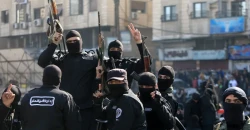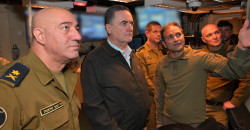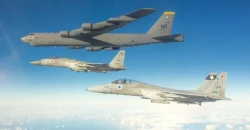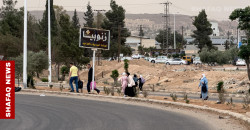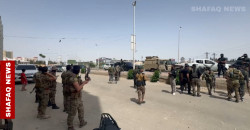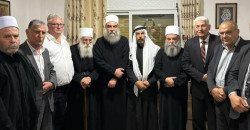Suwayda bloodshed: A warning sign for a fragmenting Syria
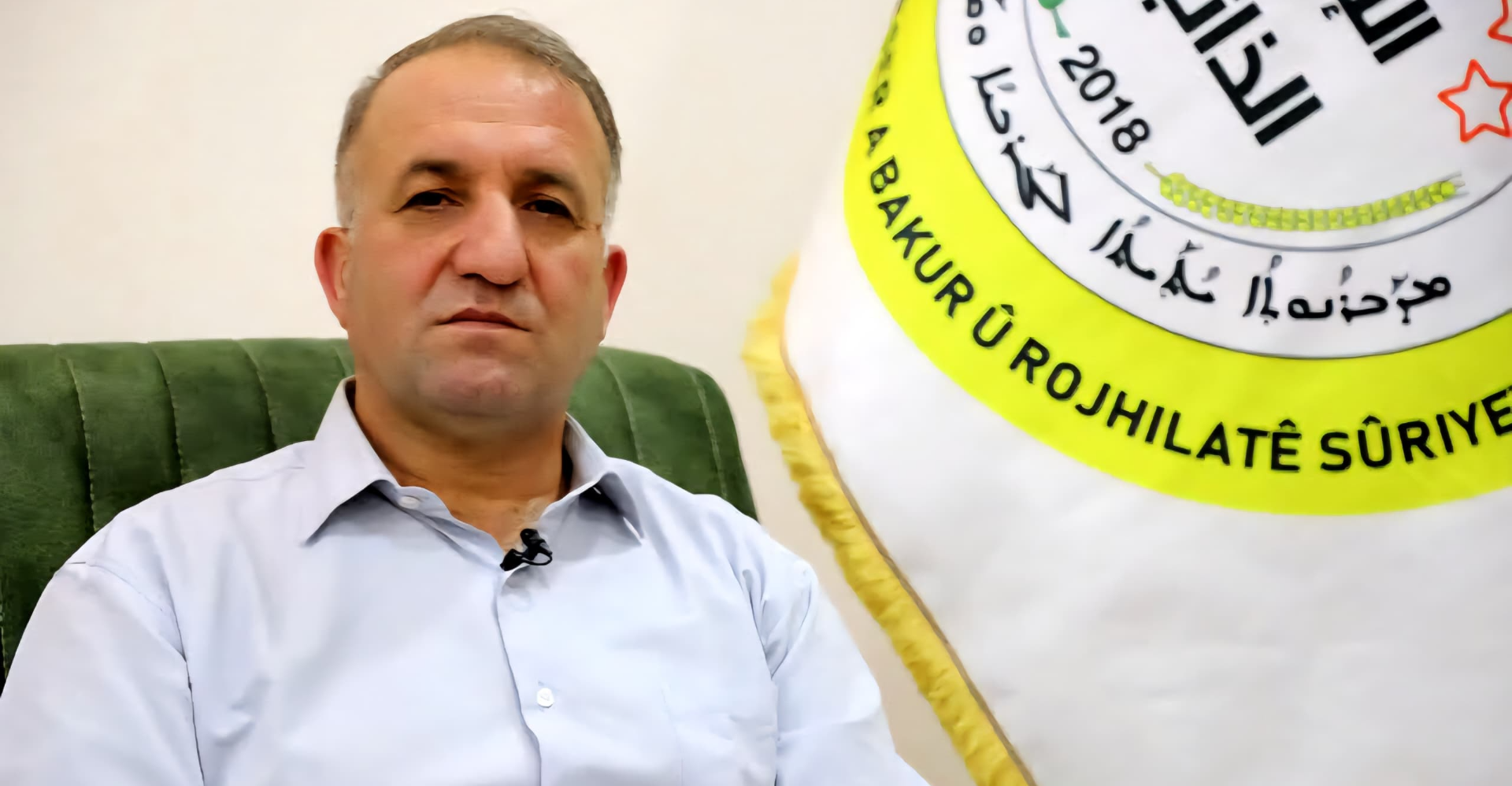
Shafaq News
More than 350 people have died in recent clashes in Suwayda province, underscoring the growing tensions between Syria’s minorities and the government led by transitional President Ahmad al-Sharaa. The violence, which erupted between Druze fighters and government-aligned forces, reflects deeper issues of political exclusion and mistrust among several minority groups across the country.
Senior adviser Bedran Çiya Kurd of the Autonomous Administration of North and East Syria (AANES) described the violence in a post on X as part of a broader rejection of Syria’s cultural and religious diversity.
“These actions push Syria further toward political and social disintegration,” he wrote, adding that the government’s reliance on force over dialogue “has repeatedly failed and worsened the situation.”
Kurd also warned that this approach not only threatens the Druze but also weakens national unity and invites outside interference.
الانتهاكات الممنهجة التي طالت المكون الدرزي في الجنوب السوري، وما سبقها من انتهاكات مشابهة في الساحل السوري، تؤكد بوضوح الرفض العميق للتعددية الثقافية والدينية من قِبل وزارة الدفاع الانتقالية والمؤسسات التابعة لها، وهو ما يؤدي إلى تقويض أسس العيش المشترك ضمن جغرافيا وطنية واحدة.…
— Bedran Çiya Kurd (@BedranCiyakurd) July 17, 2025
The Syrian Observatory for Human Rights reported that the clashes left 79 Druze fighters, 55 civilians, and nearly 200 government personnel dead. Fifteen Syrian forces also died in Israeli airstrikes during the fighting. While a ceasefire has been arranged, deep-seated grievances remain unresolved.
Researcher Zana Omar, who spoke with Shafaq News, explained that the transitional government has excluded minorities from political participation. “The Druze community was entirely left out of the constitutional drafting committee and holds no seats in the transitional cabinet,” she noted.
Omar also highlighted that the government’s policies are shaped by an ideology that views Druze, Alawites, Christians, and Kurds as enemies. “This drives exclusion and influences governance, security, and media messaging.”
This pattern of marginalization is not confined to Suwayda alone. Thousands of Alawites were killed in coastal massacres this spring, attacks reportedly carried out with tacit government approval or neglect.
Omar emphasized that the lack of investigations has increased fears among Alawite communities. “Exclusion here appears to be official policy, not an exception,” she remarked.
Tensions are further heightened by the government’s push for the Kurdish-led Syrian Democratic Forces (SDF) to disarm and join the army, a demand met with suspicion. The SDF, led by Mazloum Abdi, distrusts Damascus and fears massacres similar to those in Suwayda and the coast. One Kurdish official speaking anonymously to our agency, warned that “there is no trust that handing over weapons won’t lead to slaughter.”
Christian communities remain on edge following a church bombing in Damascus last month that claimed at least 65 lives. Church leaders hold the government responsible for failing to protect worshippers and criticize officials for dismissing the attack as an isolated incident. In a video capturing a tense exchange, an Assyrian bishop confronted a Syrian government official who visited the bombing site, expressing frustration: “The government talks about unity but acts with indifference when Christian blood is spilled.”
That sense of abandonment is further highlighted by Bedran Çiya Kurd who stressed that rebuilding trust demands a pluralistic national framework alongside the decentralization of powers to local administrations. “Accountability is essential for reconciliation and political inclusion,” he added, underscoring the urgent need for tangible reforms.
Written and edited by Shafaq News staff.
